Sub-Editor Mayra Nassef takes a look at the cultural impact of genre-bending The X-Files following its 30th anniversary screening at the Prince Charles Cinema, asking …
The X-Files: Fight the Future “Neonoirvember” at Prince Charles Cinema
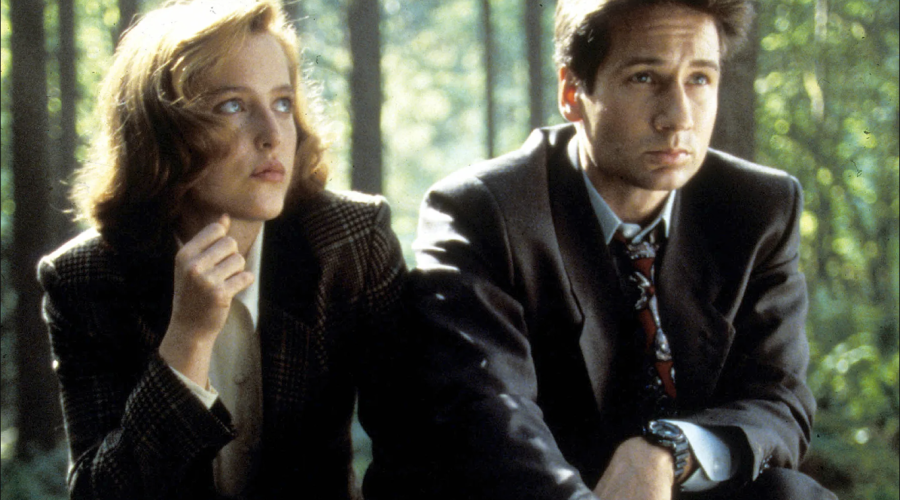
The home of film at UCL.

Sub-Editor Mayra Nassef takes a look at the cultural impact of genre-bending The X-Files following its 30th anniversary screening at the Prince Charles Cinema, asking …

At the end of a fantastic year for cinema, these are the films that defined ours. While most of the films listed had their UK …
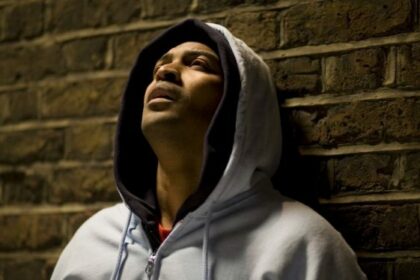
FOMI director, Alex Dewing, takes us through some of the filming locations of British Drama AdULTHOOD. This article was written as part of the celebration …
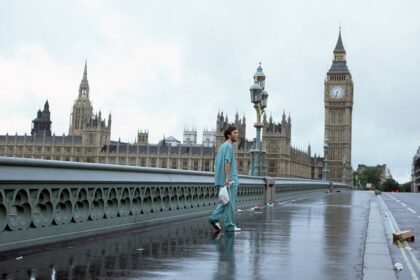
Dan Jacobson looks at what Danny Boyle’s vision of the apocalypse has us believe about London and lockdown. This article was written as part of …
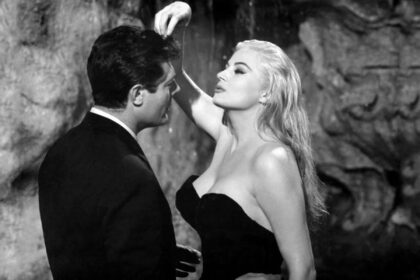
Natalie Wooding reviews Federico Fellini’s iconic film, in celebration of its 60th anniversary. La Dolce Vita is a party. It is a world of glamour …
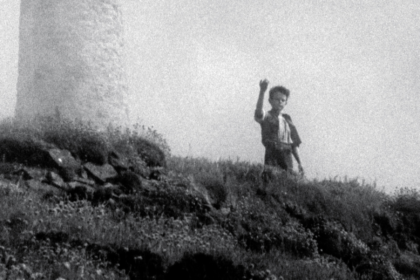
“A story of change, of people moving off the land and away from the country.”
Arcadia is a compelling odyssey concerning the mutating relationship between Great Britain and her citizens. Comprised of astutely selected archive footage infused with experimental and psychedelic scores courtesy of Adrian Utley (Portishead) and Will Gregory (Goldfrapp), the film is a historical reverie.
Juxtaposed next to the deep, choral incantations in the first clip is an ethereal chanting filled with the promise of spring. Thenceforth, director Paul Wright sets the tone of a hallucinatory atmosphere that persists throughout the documentary. Post-War English village life and agricultural occupations are exhibited for the first ten minutes of the film, characteristically merry and nostalgic. These elements starkly contrast with today’s more urban, global standards. The chirpiness of ordinary and habitual 1950s life is shattered by an unsettling score accompanying a foreboding statement: “Deep in the land comes another truth. A different truth. A secret past. A hidden history.”
Ominous transitions partition the various clips, and the audience spirals into an ever troubling and provocative pilgrimage through England’s socio-political rabbit hole. Footage of Lewis Carroll’s inquisitive Alice is followed by images of gleeful nudists and of well-to-do crowds in formal attire. Naturism and paganism are juxtaposed with depictions of foliage, mining and the Queen’s Guard. The archetypal nonconformism of the 1960’s is exemplified, overflowing with psychedelic freak-outs and unbridled love.
“A glimpse of Heaven. But this was only part of the story. To find our salvation, she had to understand the whole truth of this land.”
Merry Britain’s transformation into a troubled nation comes as the socialists and miners become marginalized, and the country is plagued by deforestation, landfills and hunting, whilst the elite idly stand by. Animal abuse is shown simultaneously with joviality, thus demonstrating the problematic ignorance that has neglected to confront the urgency of the climate crisis and animal rights. Far from ‘Merry England’, we are subjected to viewing the harsh realities afflicting the impoverished and underprivileged working classes. Community and spirit have declined to result in punks rebelliously raving, lads rolling down hills undeterred by ostensible injury, and a society sharing only consumerism in common.
“In the United Kingdom, a crisis of great dimensions is in the making, which, if it were allowed to run its course, would shake the world, and make our own position highly vulnerable and precariously isolated.”
Some may consider Arcadia to be no more than a glorified montage; however, the film provides a necessary reminder that Britain’s historical past has fashioned the present, and often mirrors it. Brexit, rising tuition fees and taxes, the attack on the NHS, and immigration are only a few of the issues that exemplify the current societal cleavages and national detachment that bedevils Great Britain. Arcadia proves incredibly relevant, both warning and prayer. That said, hyperbolic dystopianism and the incessantly pessimistic tone of the film leads to Wright deliberately negating footage that would otherwise show communities uniting to face adversity. Moreover, the film would have benefited from surveying more themes – such as racism, sexism and homophobia – in lieu of repeating the footage of pagans chanting. Nonetheless, fundamental national divisions persist despite advances towards liberty and enlightenment; this film intuitively captures these divisions, one which most would rather not acknowledge. Let us hope that subsequent generations will finally upturn this ceaseless spiral towards the Earth’s decay and societal partition, into something that more closely resembles a utopia.
Arcadia is available to stream on BFI Player or available to rent on multiple platforms. Check out the trailer below:
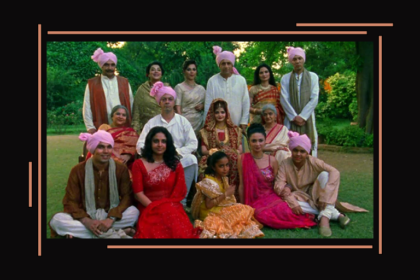
Fatima Jafar pens a love letter to a beloved childhood film. The first time I watched Monsoon Wedding I was ten years old. My mother …